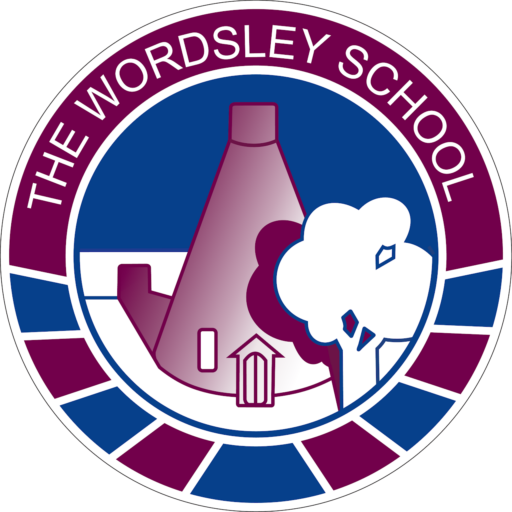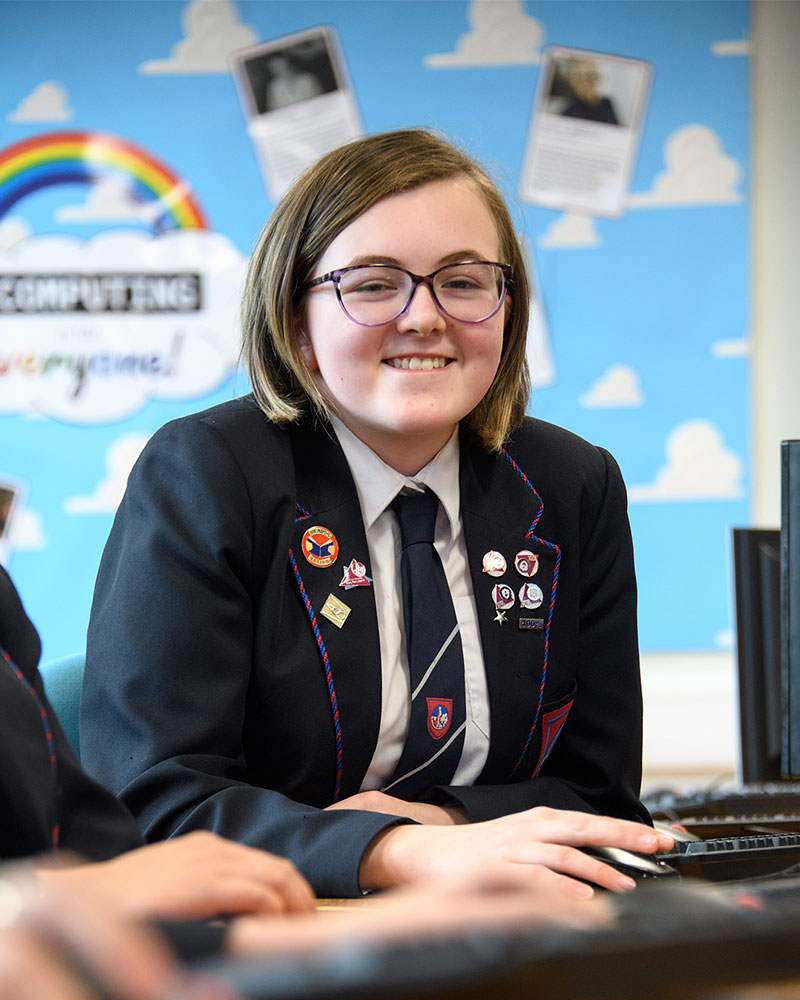British Values
British Values is about “helping people to understand how things work and how to challenge and change them”.
Impact on pupils
- Understanding how citizens can influence decision making through a democratic process.
- Appreciating that living with a rule of law protects individuals and is essential for their well-being and safety.
- Freedom to choose and hold other faiths and beliefs is protected in law.
- Acceptance and tolerance of other people having different faiths and beliefs.
- Understand the importance of identifying and combating discrimination.
- Understand that the public bodies such as the police and army are accountable to Parliament but others such as the courts are independent.
School should support pupils to
- Have high standards of behaviour and to develop their understanding of right and wrong.
- Take responsibility for their actions and understand the consequences of their actions.
- Contribute to an ethos of mutual respect throughout the whole school environment.
- Participate in a democratic process and understand this process and the role of public institutions.
- Develop their understanding and appreciation of wider issues such as cultural differences and disabilities via Cross curricular days.
Examples are
- Pupil Parliament
- Explicit rewards procedure that celebrates success
- Behaviour incident log and regular contact with parents.
- Vertical Form groups.
- English: Political Parties Unit.
- Science: Cloning/Stem cell research, IVF.
- History: Does Richard III deserve the reputation of being evil?
- Key Skills — Year 7: Democracy Day, Voting for all aspects of the lesson.
- Cross-Curricular Day (Great British Inventions & Discoveries and Britain at War).
- Big Form Debate (Weekly topic for forms to debate).
- Music: UK and English Folk music, Irish Folk music, Blues Music.
- Music performances in the local community
- E-Safety programme.
- Assembly programme.
- Pupil Receptionist Programme.
- Pupil voice and staff voice.
The Wordsley School is working, through its school ethos and curriculum, to secure the following British values.
Democracy
- The School and curriculum promotes and provides pupils with a broad general knowledge of, and respect for, public institutions and services.
- We teach pupils how they can influence decision-making through the democratic process. Through Citizenship pupils are taught about the advantages and disadvantages of democracy and how it works in Britain.
- Pupils are encouraged to become involved in decision-making processes and the school ensures that they are listened to in school e.g. Pupil Parliament, pupil voice etc.
- The school holds elections for the Pupil Parliament during which pupils learn how to express, argue and defend points of view.
- The school curriculum ethos and co-curricular activities, such as Big Form Debate, also teaches pupils how we can peacefully challenge perceived ideas and injustice through active communication.
Rule of Law
As a school we ensure that the school rules and expectations are clear and fair. The school’s ethos and curriculum play a significant role in helping the pupils:
- To distinguish right from wrong and to respect the law and the basis on which it is made.
- To understand that living under the rule of law protects individuals.
- Through police visits to school via both assemblies and curriculum activities.
- Through pupils being taught about civil and criminal law; in addition, we look at how this may differ from some religious laws.
Individual Liberty
Through the school ethos and curriculum we:
- Support pupils to develop their self-knowledge, self-esteem and self-confidence.
- Encourage pupils to take responsibility for their behaviour, as well as knowing their rights.
- Model freedom of speech through pupil participation, while ensuring protection of vulnerable pupils and promoting critical analysis of evidence.
- Challenge stereotypes.
- Implement a strong anti-bullying culture.
Respect & Tolerance
Through the school ethos and curriculum we:
- Promote respect for individual difference.
- Help pupils to acquire an understanding of, and respect for, their own and other cultures and ways of life.
- Challenge prejudicial or discriminatory behaviour.
- Develop links with faith communities.
- Develop critical personal thinking skills.
- Discuss differences between people, such as differences of faith, ethnicity, disability, gender or sexuality and differences of family situations, such as looked-after children or young carers.


